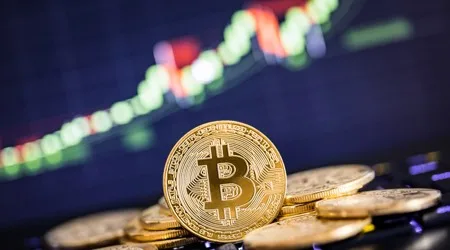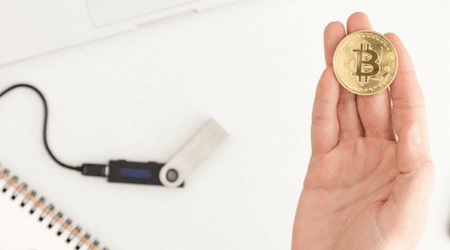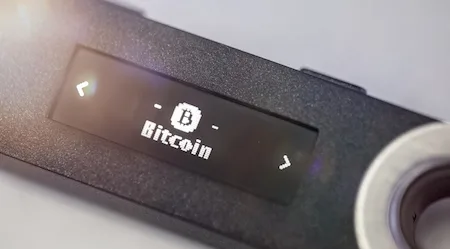Cryptocurrency — a beginner-friendly guide for the crypto-curious
From blockchain to Bitcoin, exchanges to sh*tcoins, Crypto Finder™ will have you up to speed in no time.

By
Fred SchebestaUpdated
Fact checked
What coin are you interested in?
Aave (AAVE)
Akash Network (AKT)
Algorand (ALGO)
Aptos (APT)
Arbitrum (ARB)
Arweave (AR)
Avalanche (AVAX)
Axie Infinity (AXS)
Bitcoin (BTC)
Bitcoin Cash (BCH)
Bitcoin SV (BSV)
BitTorrent (BTT)
BNB (BNB)
Bonk (BONK)
Cardano (ADA)
Celestia (TIA)
Chainlink (LINK)
Chiliz (CHZ)
Conflux (CFX)
Cosmos Hub (ATOM)
Cronos (CRO)
Dai (DAI)
Decentraland (MANA)
Dogecoin (DOGE)
dogwifhat (WIF)
eCash (XEC)
Elrond (EGLD)
EOS (EOS)
Ethereum (ETH)
Ethereum Classic (ETC)
Fantom (FTM)
Fetch.ai (FET)
Filecoin (FIL)
FLOKI (FLOKI)
Flow (FLOW)
Gala (GALA)
Gate (GT)
Gnosis (GNO)
Hedera (HBAR)
Immutable X (IMX)
Injective (INJ)
Internet Computer (ICP)
JasmyCoin (JASMY)
Kaspa (KAS)
KuCoin (KCS)
LEO Token (LEO)
Lido DAO (LDO)
Litecoin (LTC)
Maker (MKR)
Mina Protocol (MINA)
Monero (XMR)
NEAR Protocol (NEAR)
NEO (NEO)
NEXO (NEXO)
Oasis Network (ROSE)
OKB (OKB)
Optimism (OP)
Ordi (ORDI)
Peanut the squirrel (PNUT)
Pepe (PEPE)
Polkadot (DOT)
Polygon (MATIC)
Quant (QNT)
Render (RNDR)
Ronin (RON)
Sei (SEI)
Shiba Inu (SHIB)
SingularityNET (AGIX)
Solana (SOL)
Stacks (STX)
Stellar (XLM)
Sui (SUI)
Tether (USDT)
Tezos (XTZ)
The Graph (GRT)
The Sandbox (SAND)
Theta Network (THETA)
THORChain (RUNE)
Toncoin (TON)
TRON (TRX)
Uniswap (UNI)
USD Coin (USDC)
VeChain (VET)
XRP (XRP)
Aptos (APT)
Celestia (TIA)
Conflux (CFX)
dogwifhat (WIF)
Flow (FLOW)
Gate (GT)
LEO Token (LEO)
NEAR Protocol (NEAR)
NEO (NEO)
Oasis (ROSE)
Optimism (OP)
ORDI (ORDI)
Ronin (RON)
Sei (SEI)
Tezos (XTZ)
Uniswap (UNI)
Fartcoin (FARTCOIN)
Hyperliquid (HYPE)
Magic Eden (ME)
Melania (MELANIA)
Official Trump (TRUMP)
World Liberty Financial (WLFI)
Vine (VINE)
Ondo (ONDO)













Hi I have been with thos finder from last year. I have put money in my account to buy bitcoin. But now I can’t see any money or I can’t login to my account. Please help me how to do that .I have been sending emails to the finder group so far no help.
Hi Safinath,
You can talk to our app customer support by heading to the Settings tab in the Finder app (by tapping the gear icon in the top right corner) and then selecting “Get support”.
If you’re struggling to log in to the app, please email us at app@finder.com.au.
Thanks,
Tom